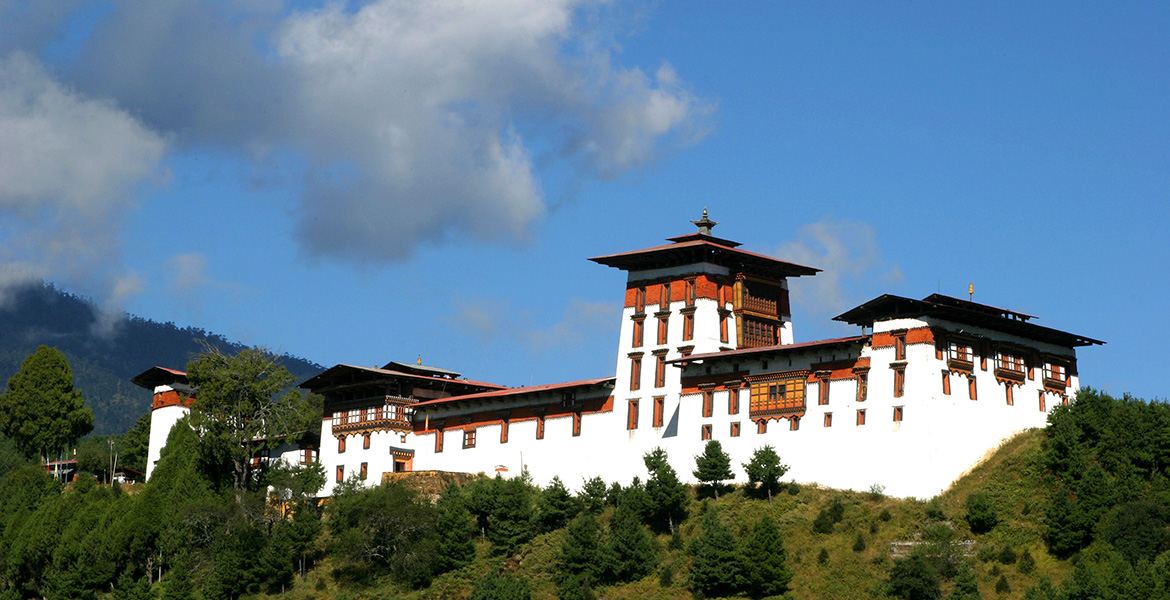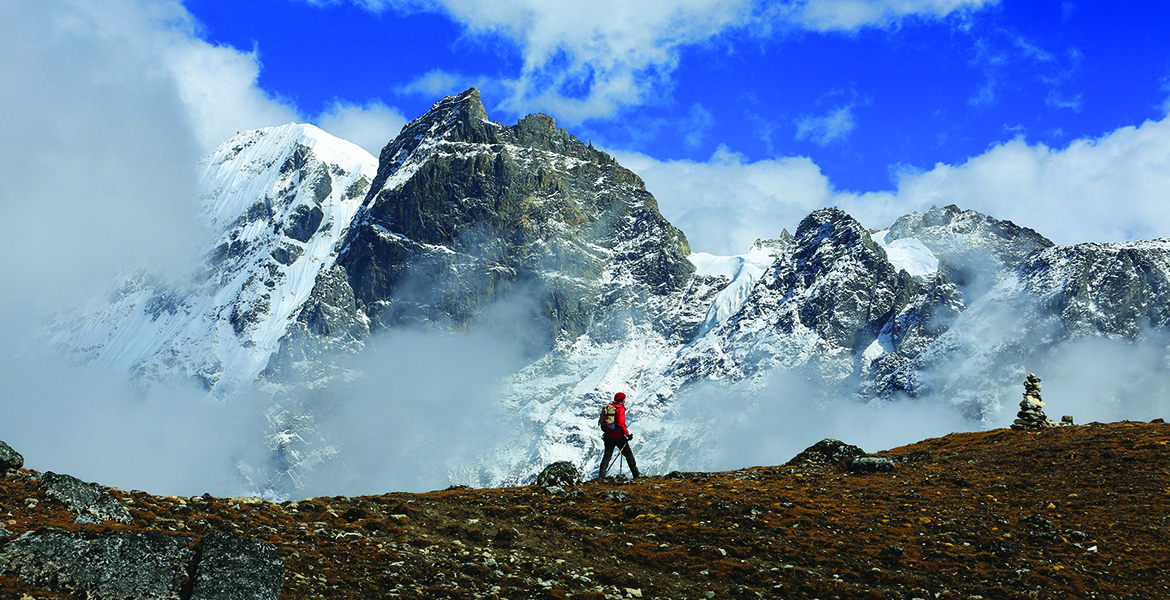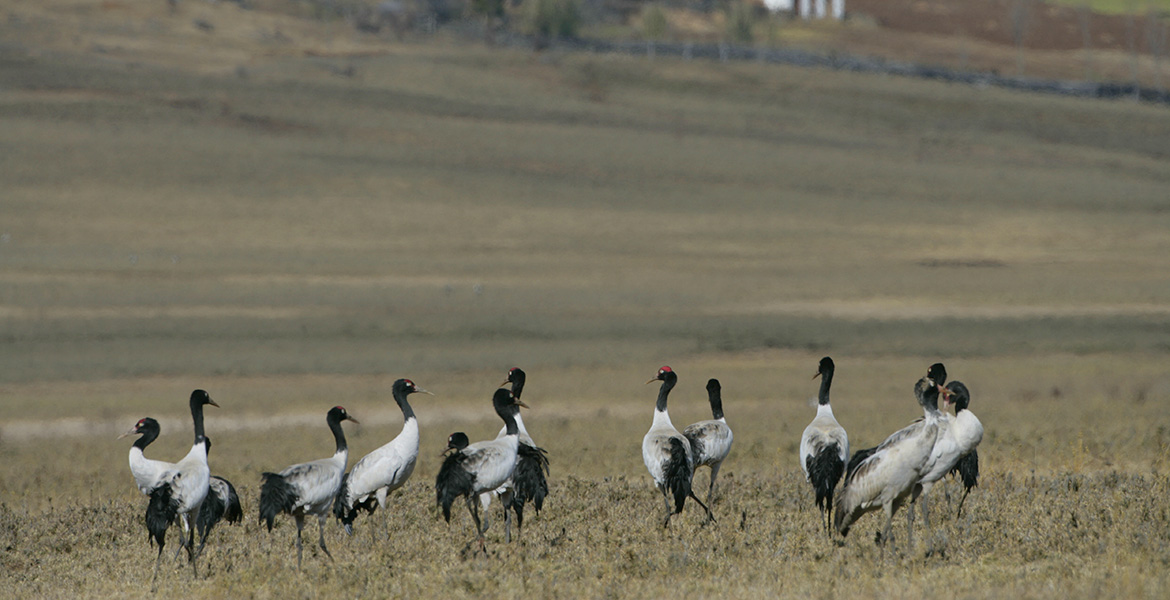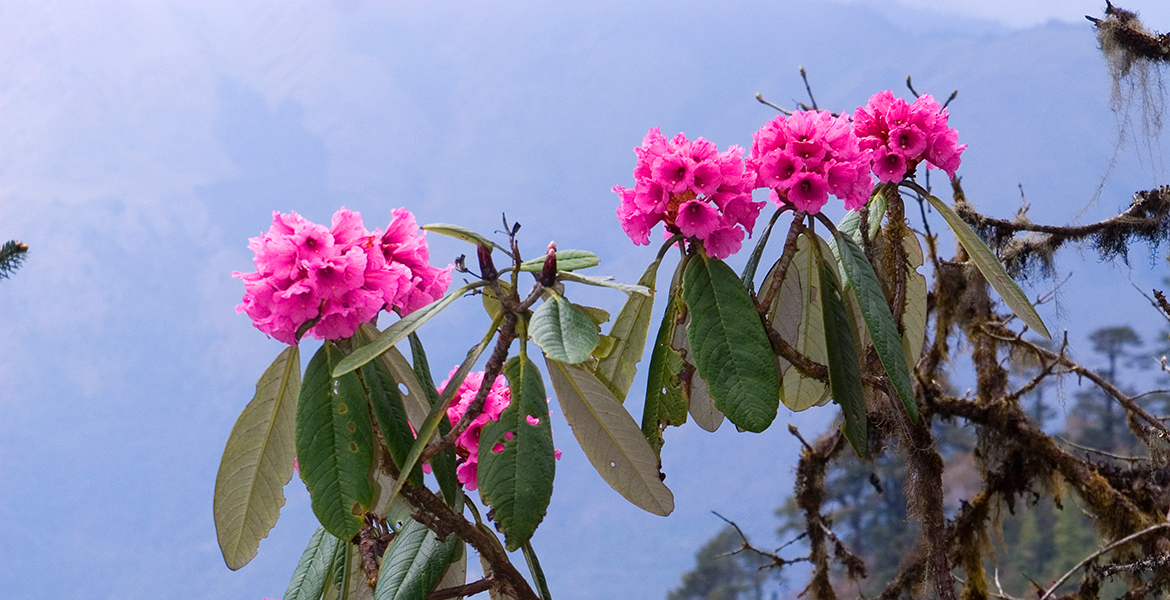ChecklistThe following information acts as a guide when traveling to Bhutan. This practical advice is not a comprehensive list but should provide some useful information for you as you plan your travelling.
TRAVEL/MEDICAL INSURANCE
You should not travel internationally without travel insurance.The Royal Insurance Corporation of Bhutan has initiated a travel and medical plan solely for our visitors. Travel insurance can be provided through your Bhutanese tour operator or international partner. You may also visit the Royal Insurance Corporation of Bhutan website at www.ricb.com.bt for more information.
MONEY
Bhutan’s currency is the Ngultrum (Nu.) It is at par with the Indian rupee which is accepted as legal tender in the country. Note: INR (Indian Rupees) denominations of 500 and 1000 are not accepted in Bhutan. ATMs are located within all main towns throughout Bhutan, where money can be withdrawn using a Visa or MasterCard. For concerned travelers a list of ATM locations throughout Bhutan is found here: http://www.bob.bt/contact-us/atm-locator/. In addition, POS (Point of Sale) services are available nationwide, meaning visitors can pay by credit card at most hotels and handicrafts stores.
BANKING
Financial institutions in Bhutan have been greatly enhanced and today we have a number of banks that cater to the needs of the people. Some of the banks that you can avail of while in Bhutan are the Bank of Bhutan Limited, the Bhutan National Bank, the Druk PNB and the Tashi Bank. Traveller’s cheque can be easily withdrawn and exchanged for local currency. Many of these banks provide internet banking facilities. TMs are located within all main towns throughout Bhutan, where money can be withdrawn using a Visa or MasterCard. For concerned travelers a list of ATM locations throughout Bhutan is found here: http://www.bob.bt/contact-us/atm-locator/. In addition, POS (Point of Sale) services are available nationwide, meaning visitors can pay by credit card at most hotels and handicrafts stores.
TRAVELING KITS
Bhutan experiences great variations in its climate. In general summers are warm with average daily temperature ranging from 20 to 25 degrees Celsius, while winter temperatures are usually below 15 degrees Celsius. The northern regions of the country are colder than the more tropical south and it is recommended you pack accordingly. Trekkers will need to bring appropriate warm clothes and comfortable hiking boots (well broken in) preferably with ankle support and weather-proof to complement the weather and rugged terrain. Others suggested items to pack:
- A pair of sunglasses
- Sunscreen lotion
- Hat
- Umbrella
- Camera
- Spare camera batteries
- Flash light (with spare batteries)
- Travel sickness tablets
- Antiseptic cream
- Anti-histamine cream
- Anti-diarrhea pills
- Altitude sickness medication it trekking above 3000m
- Insect repellent



